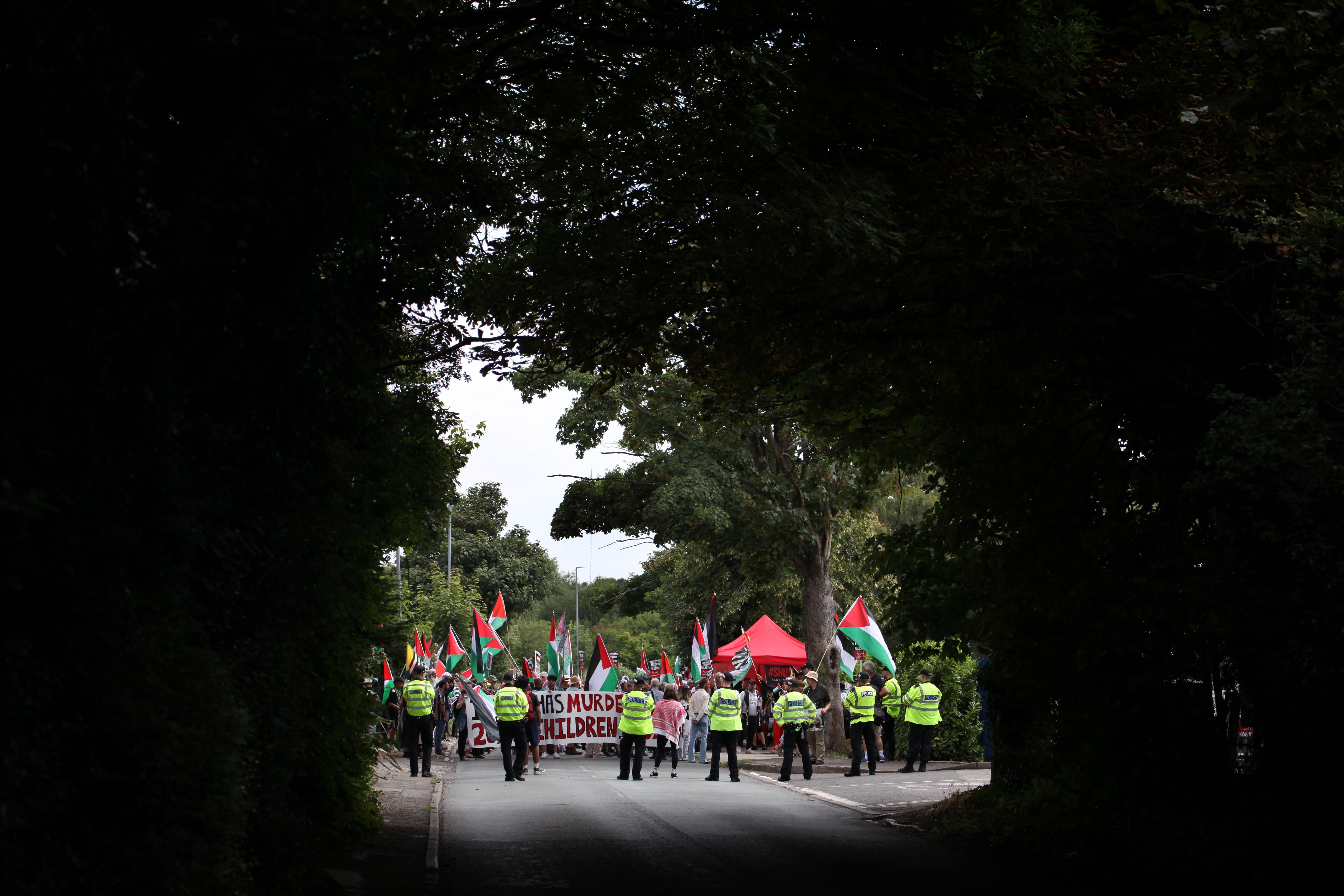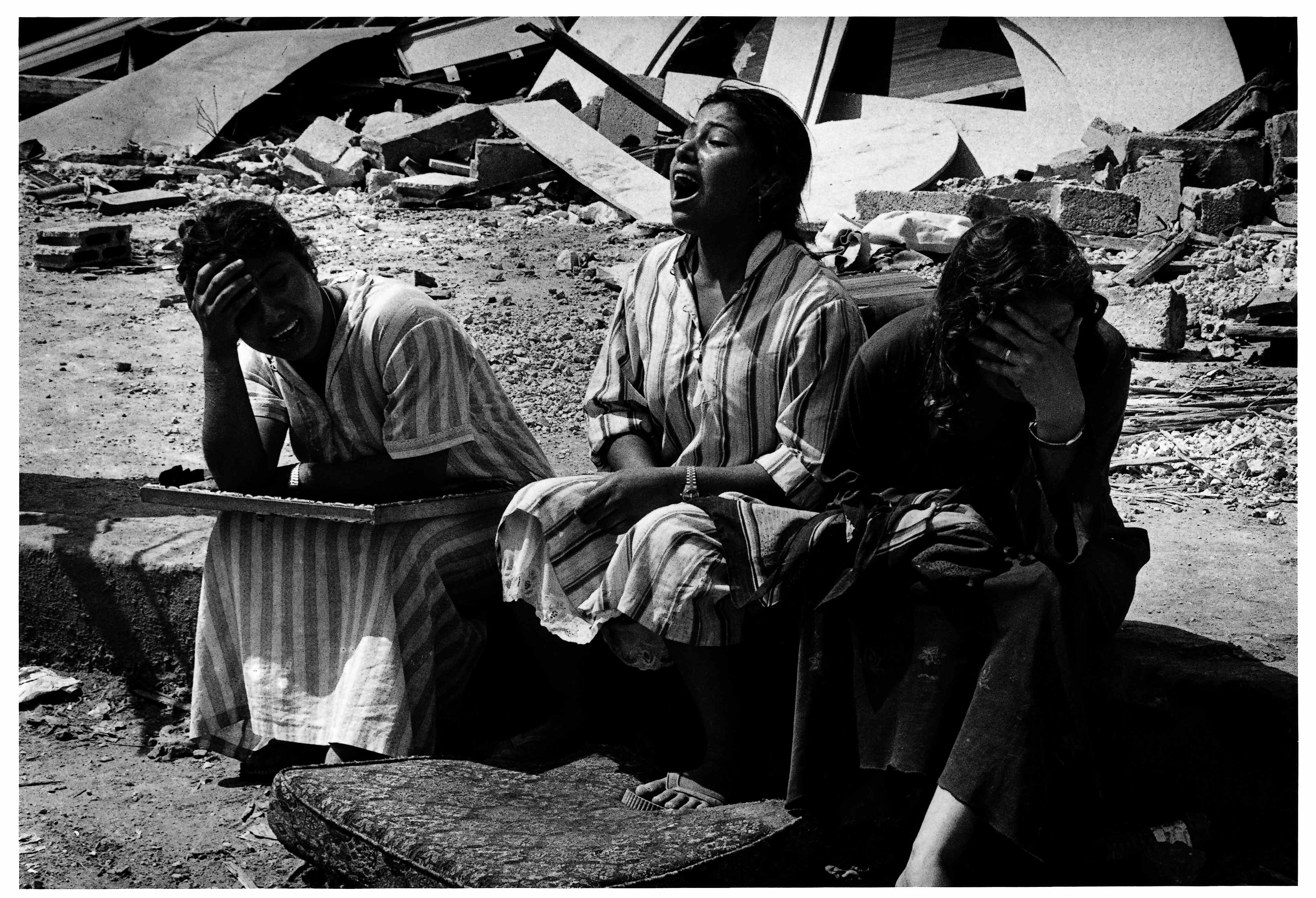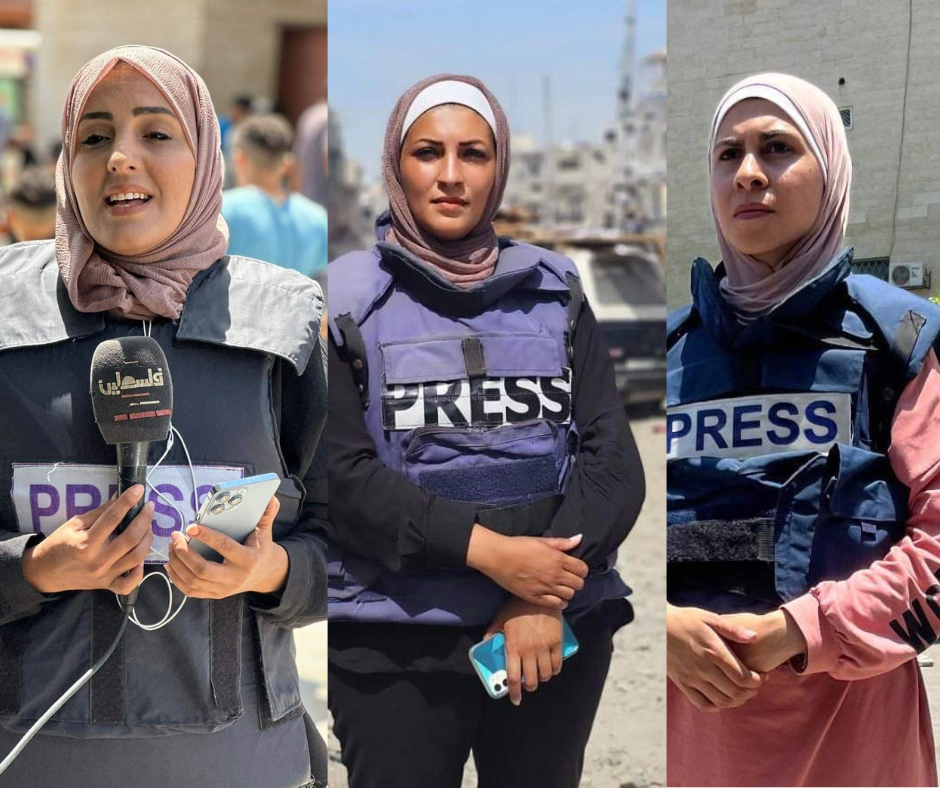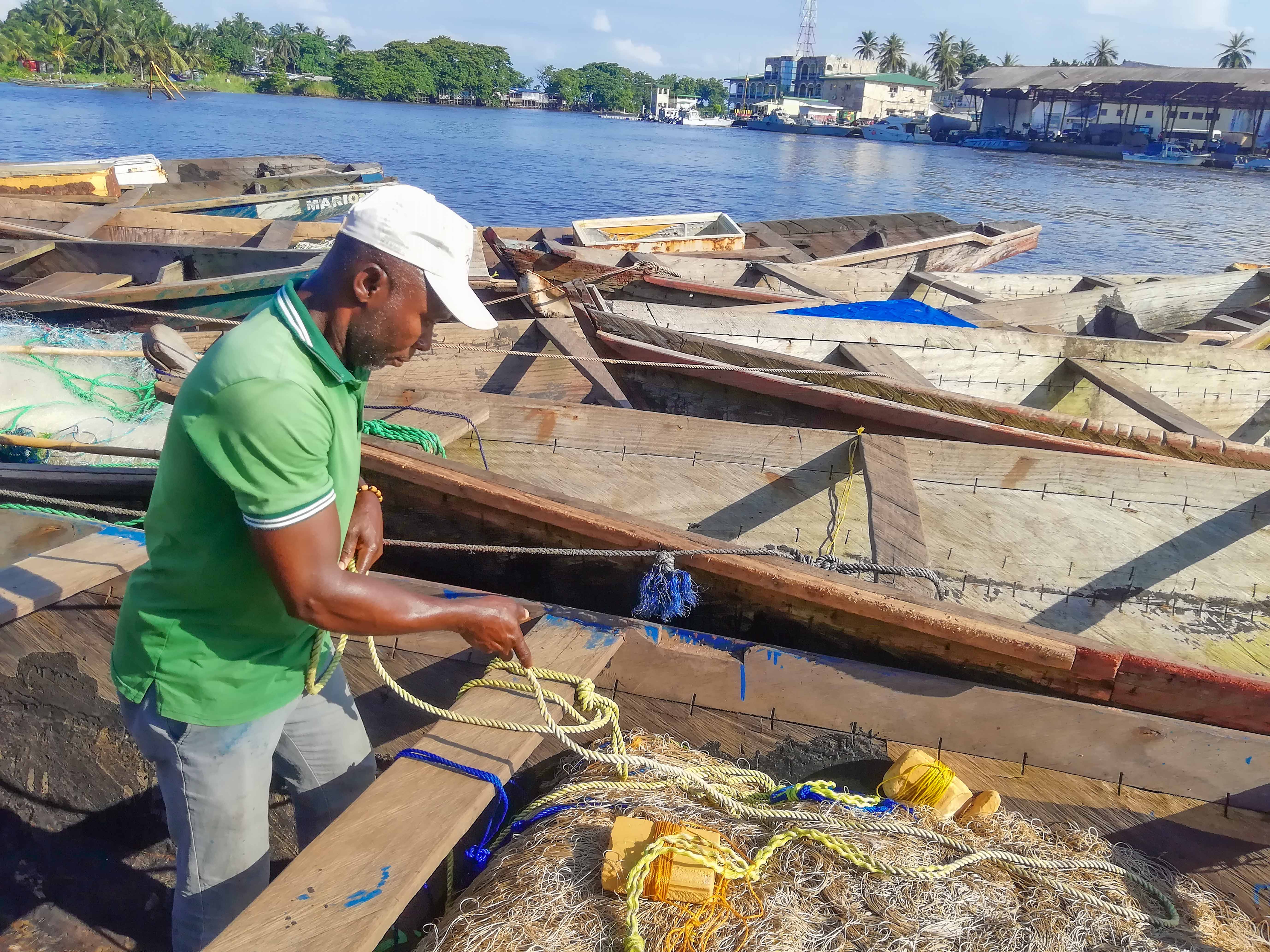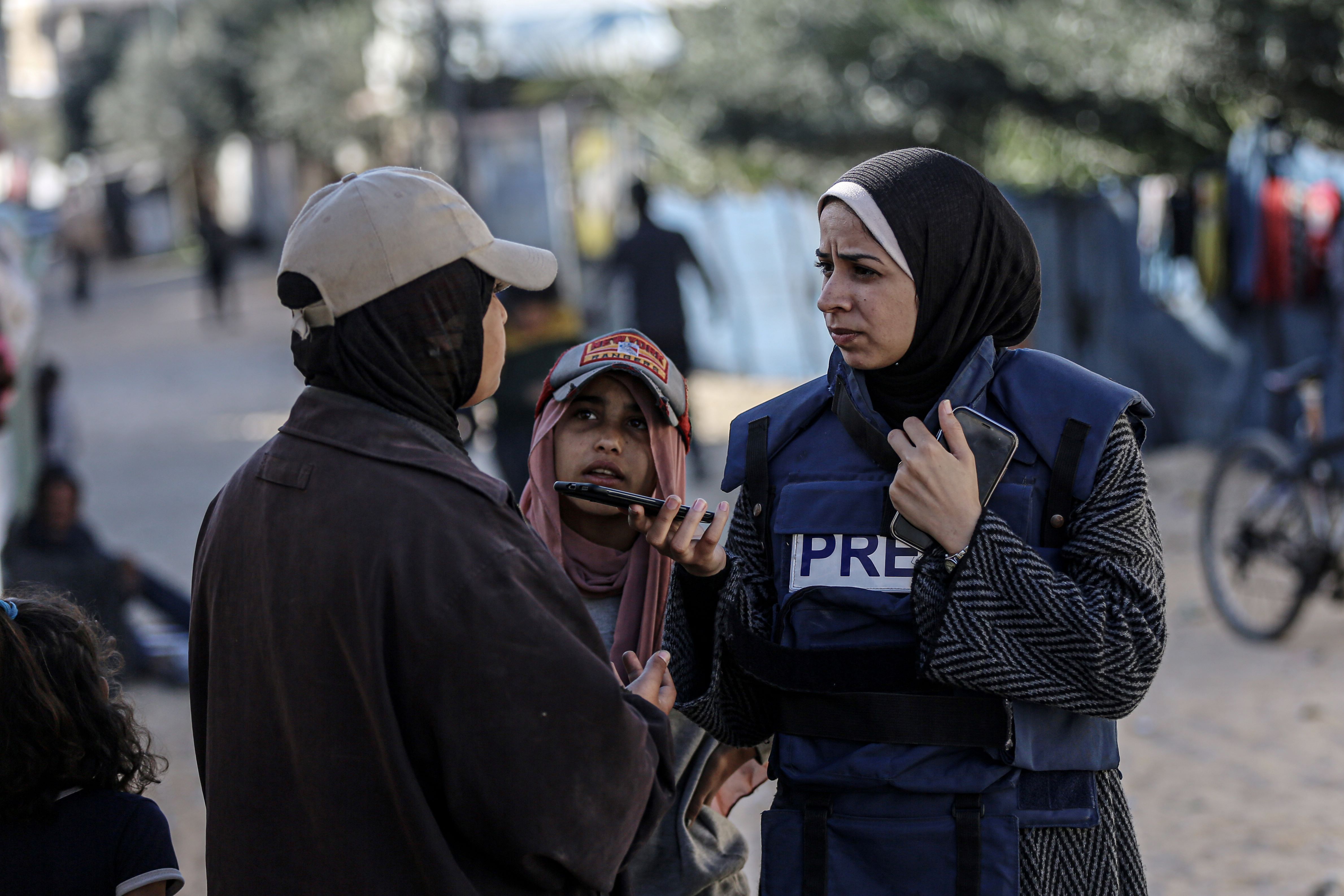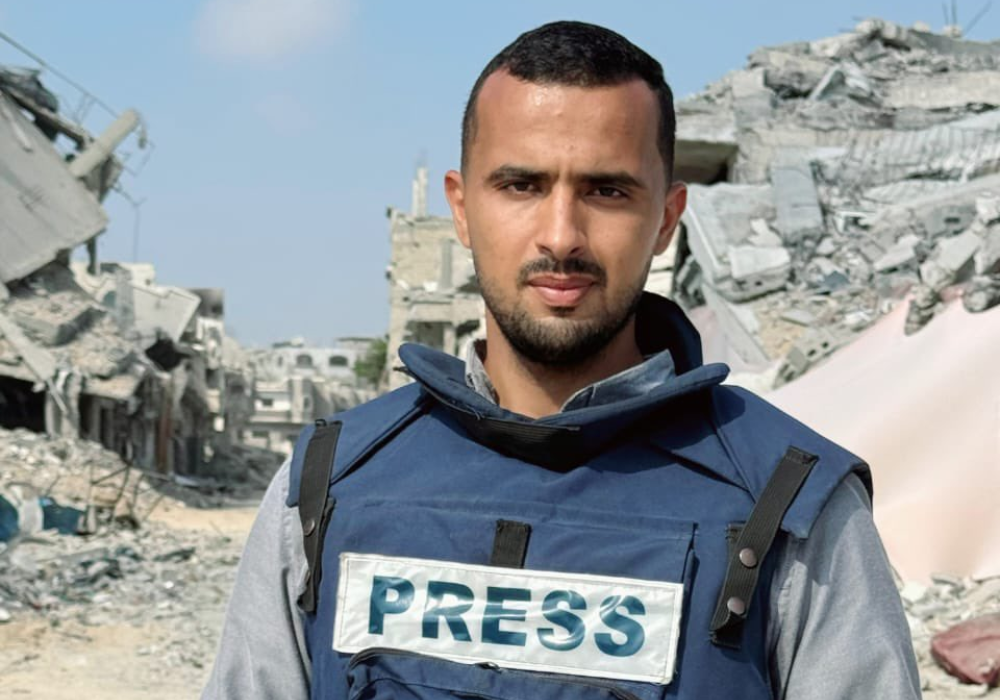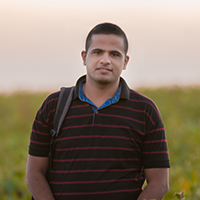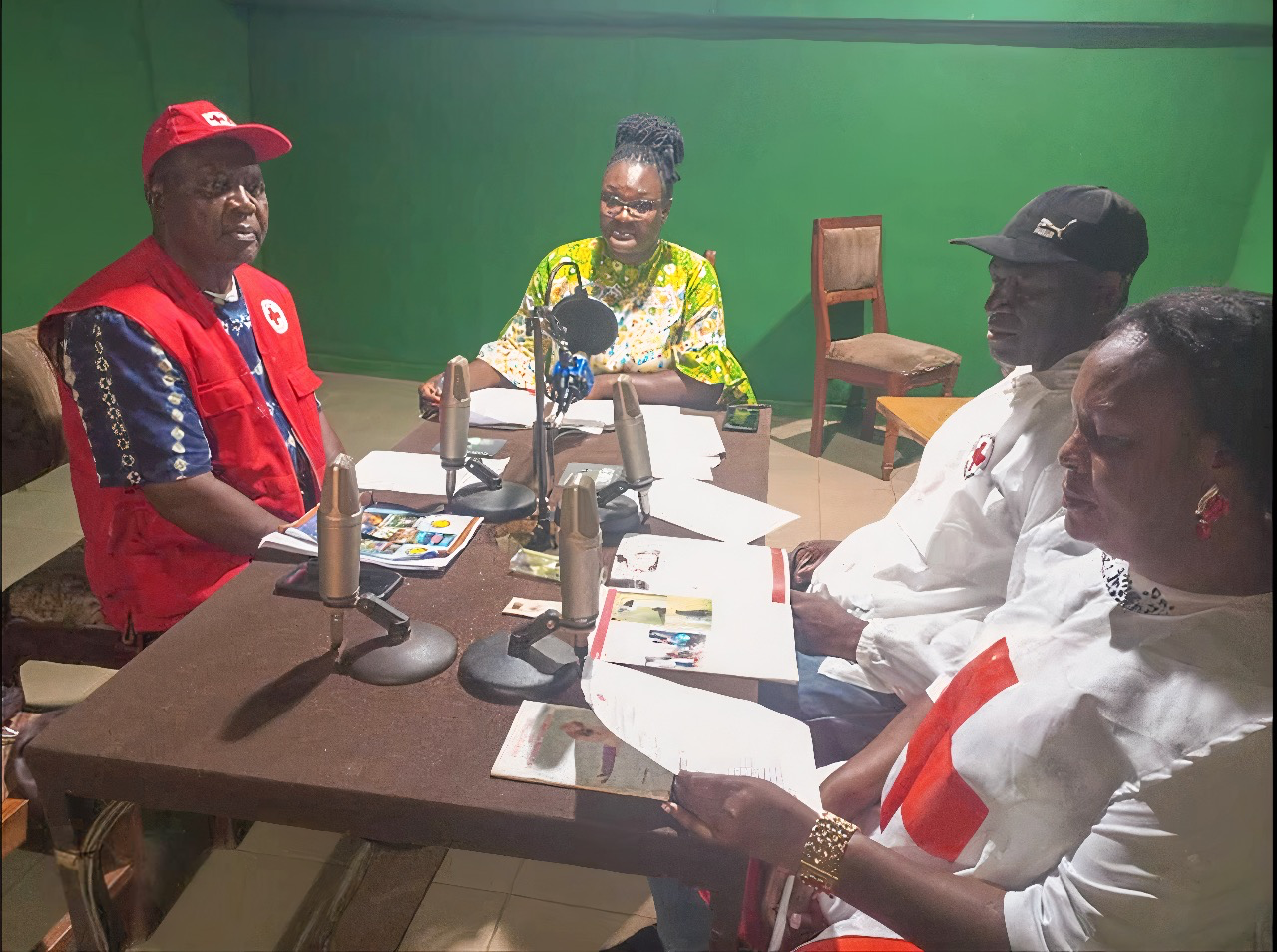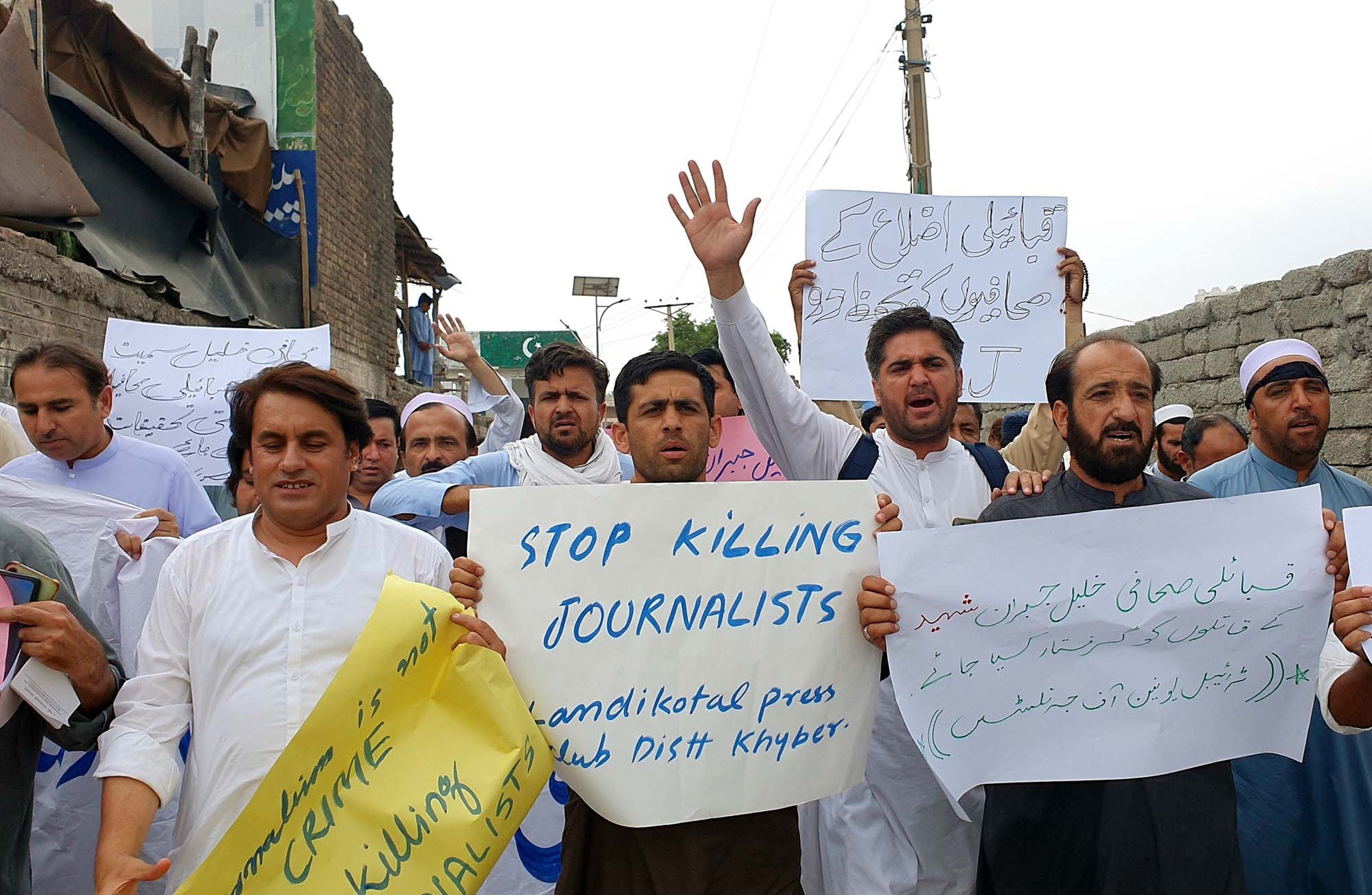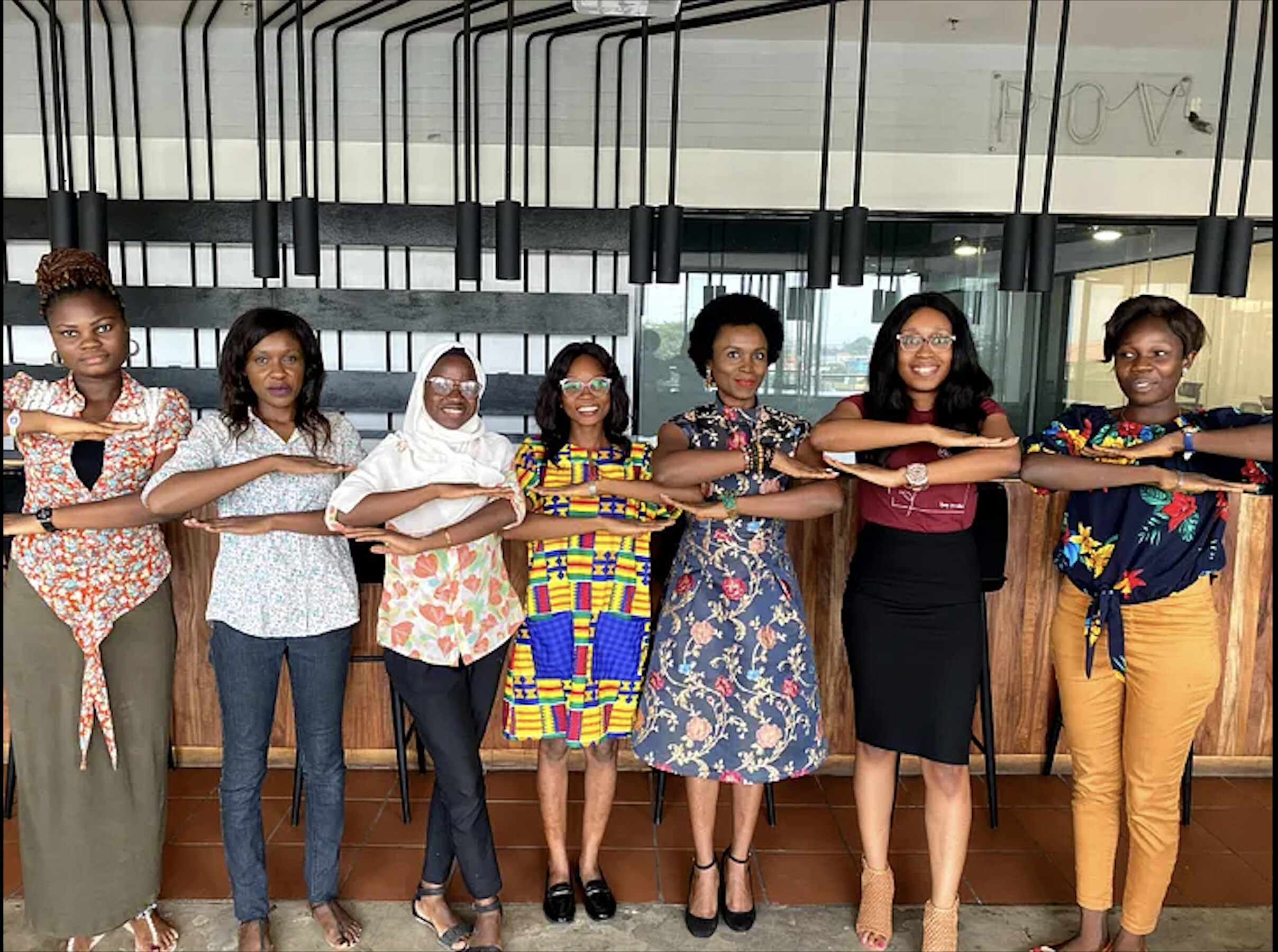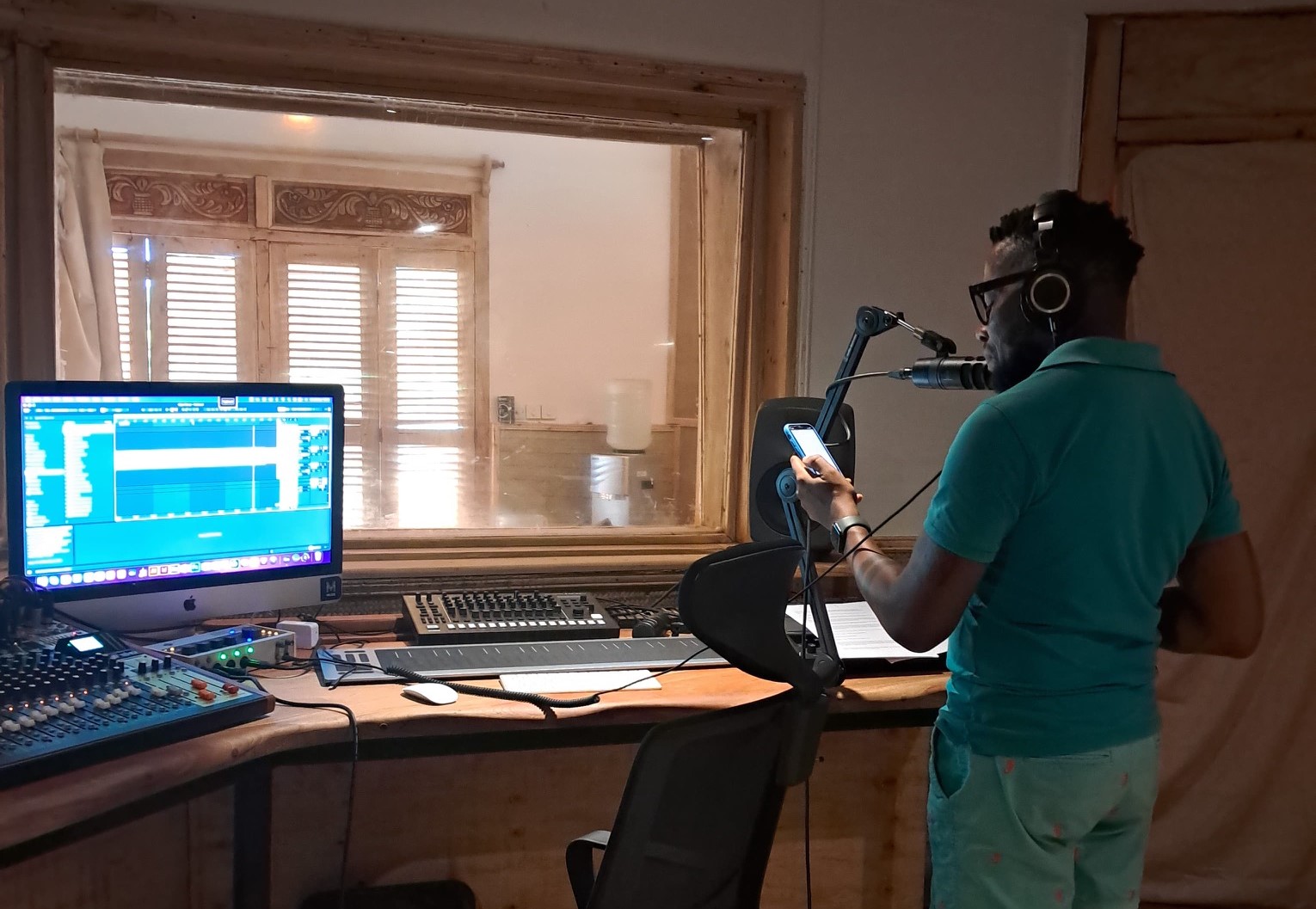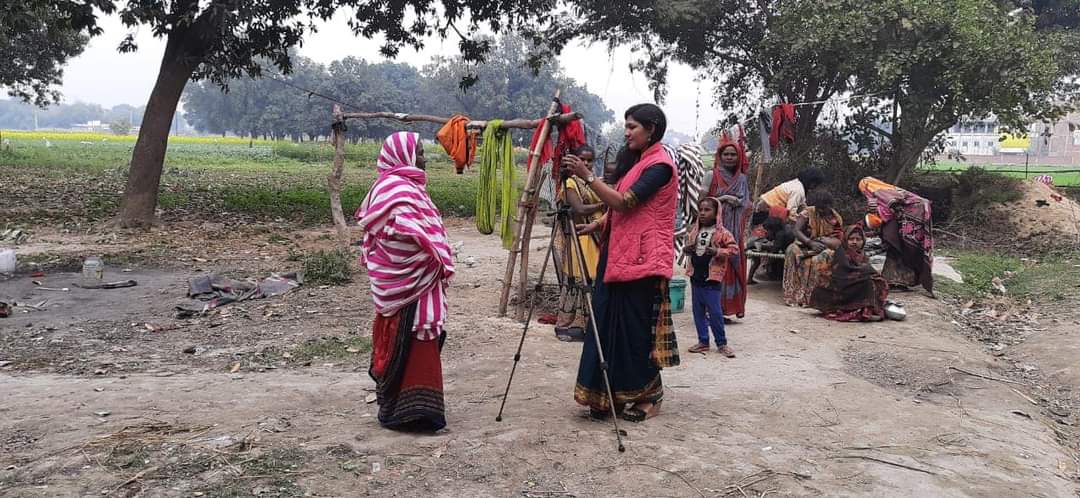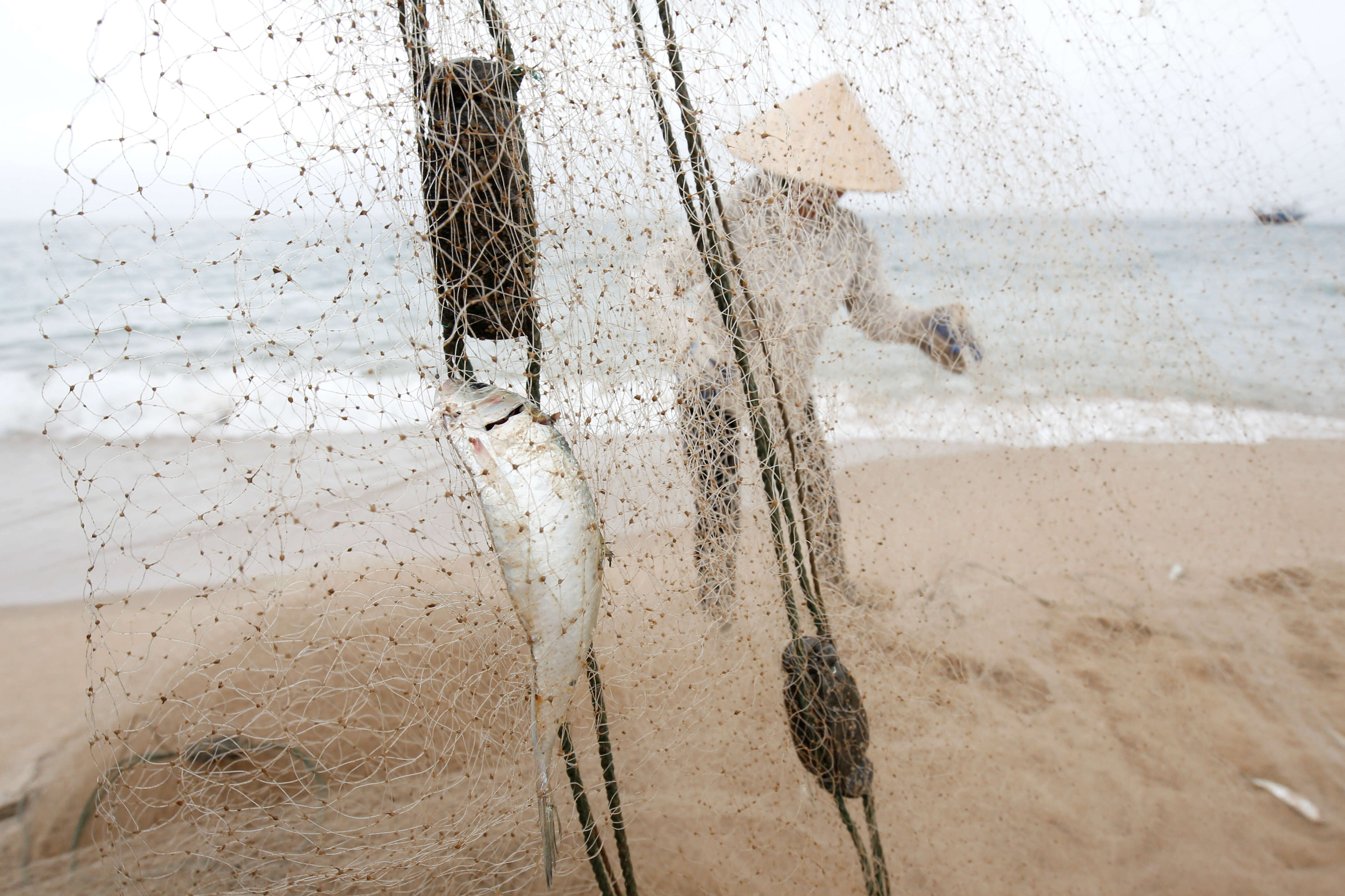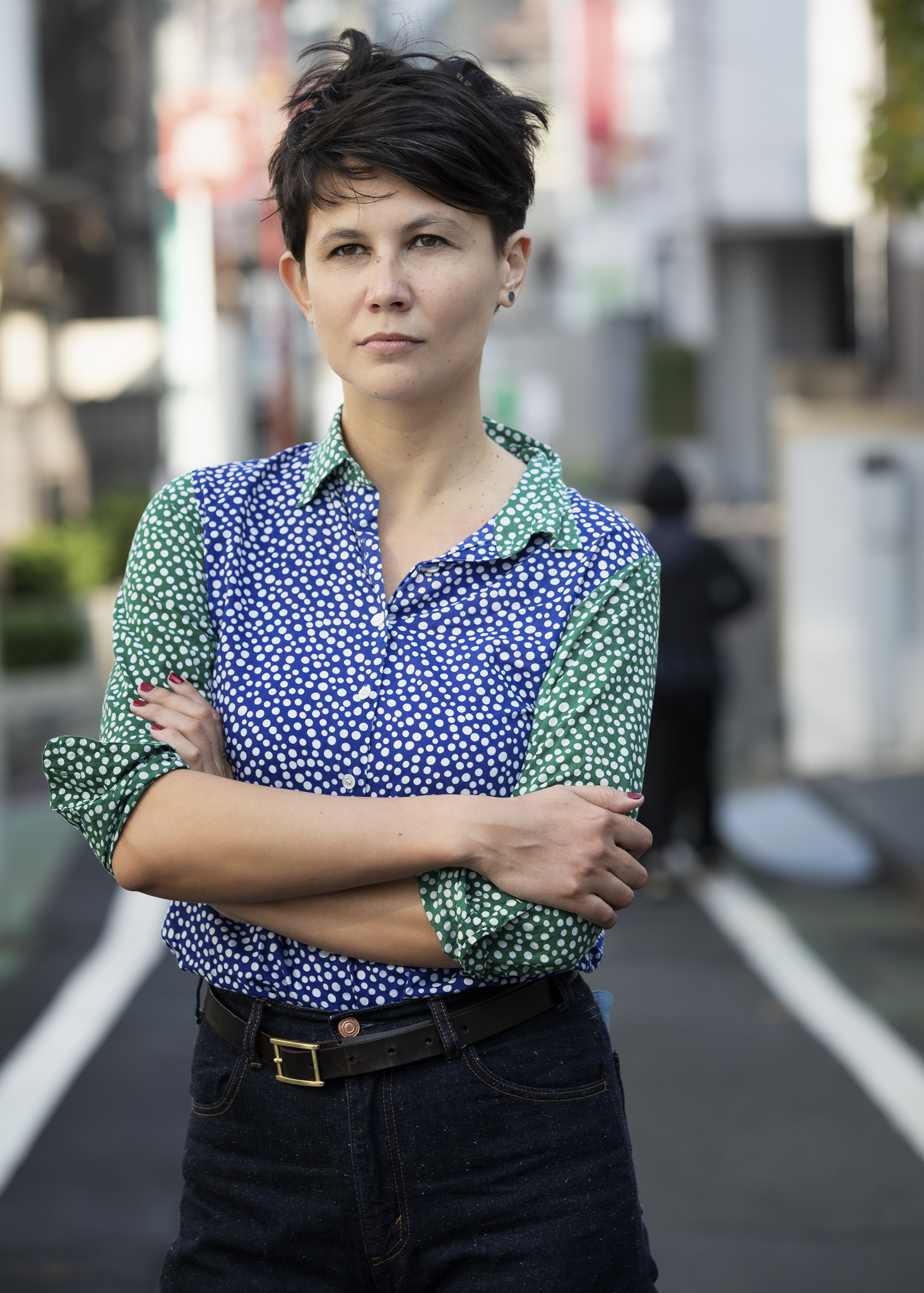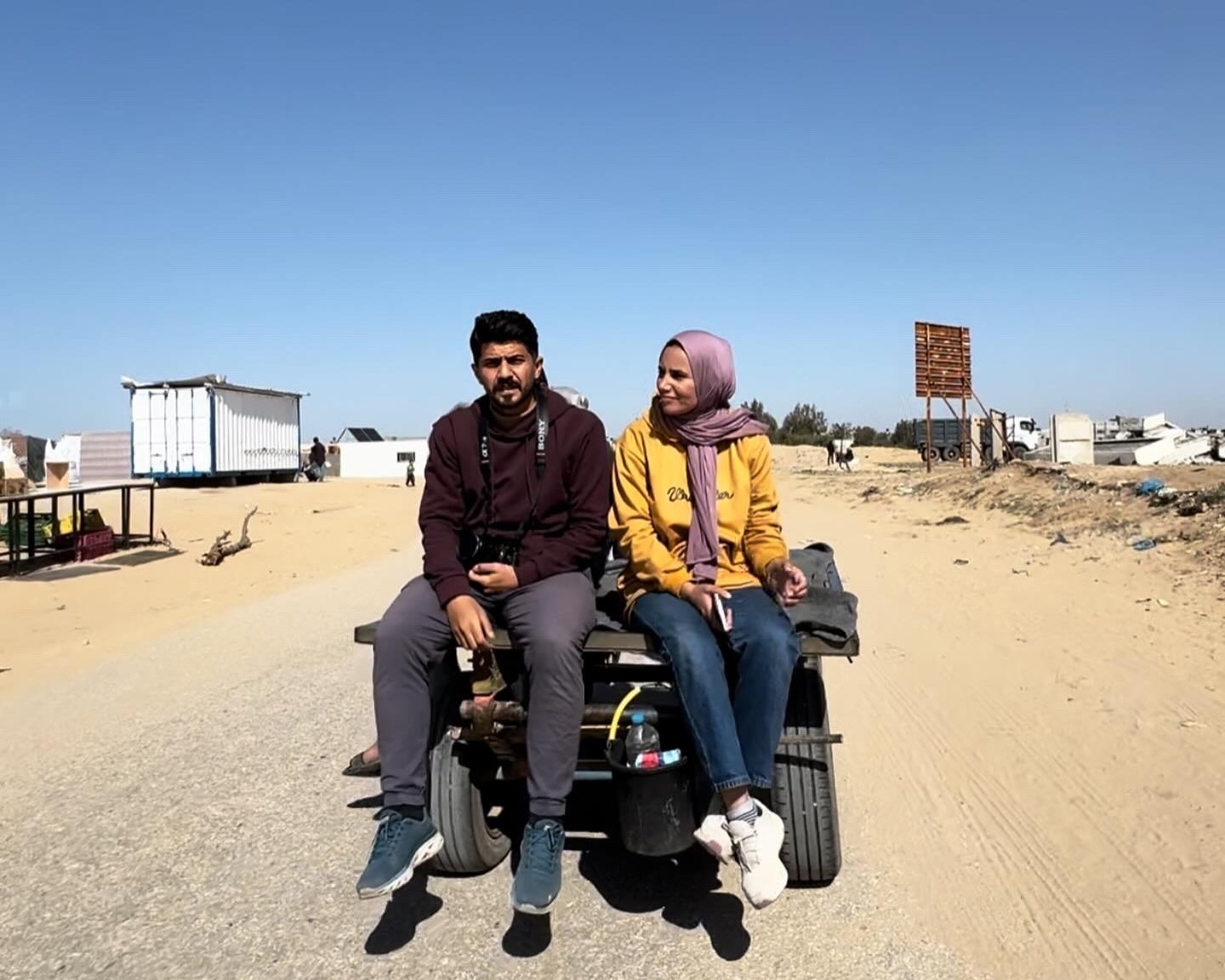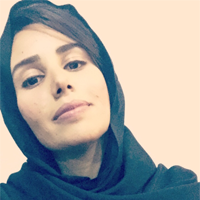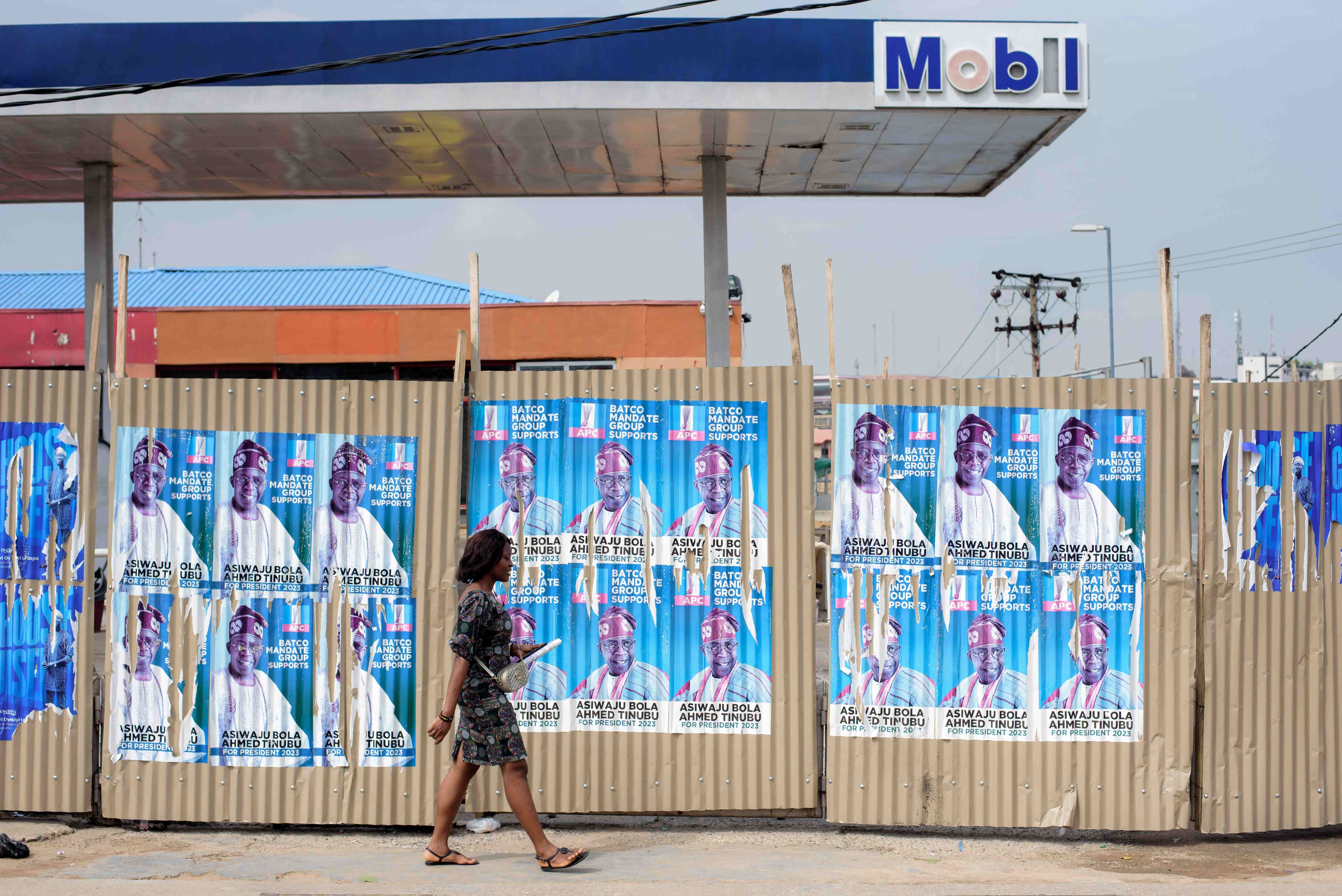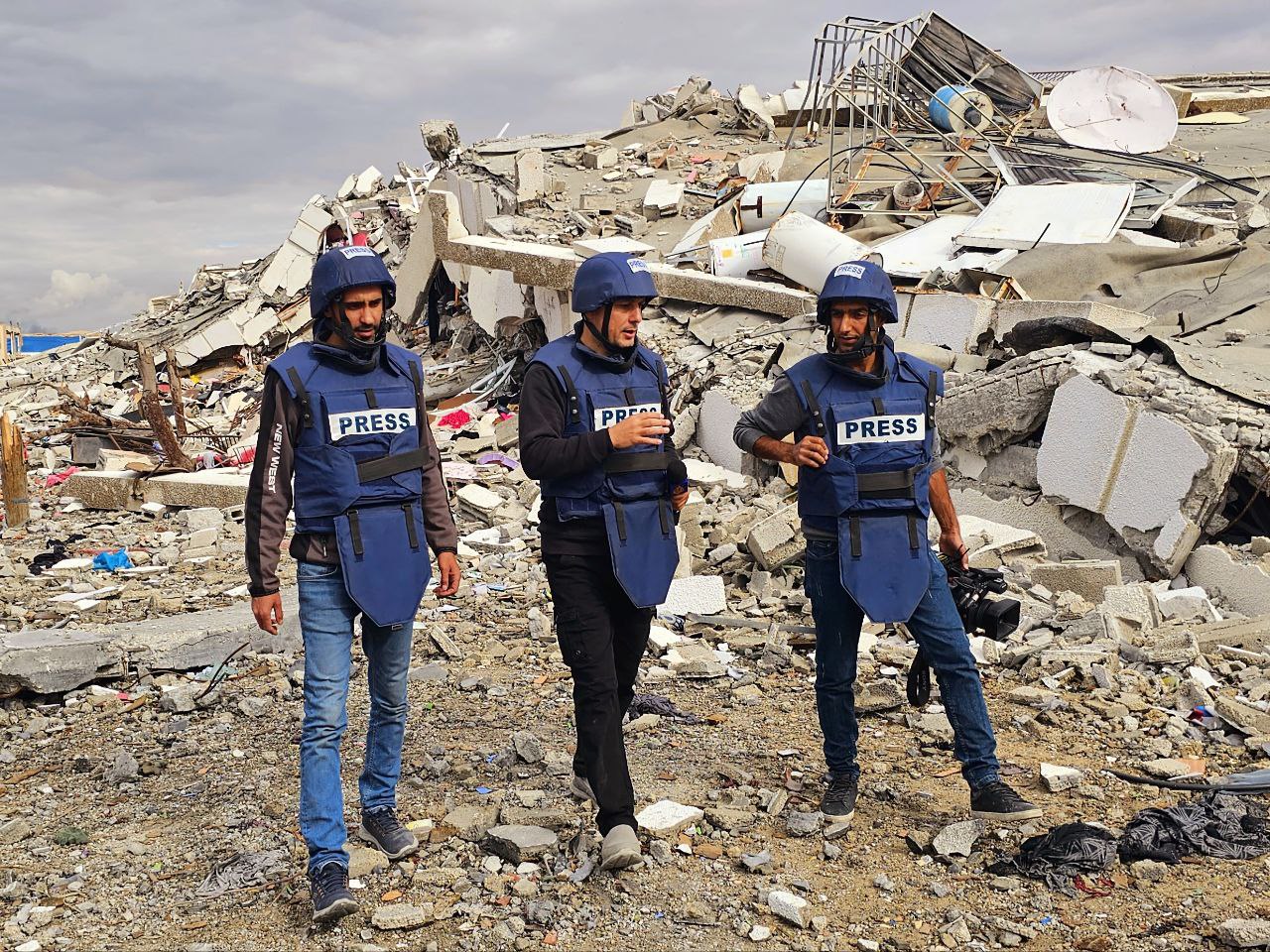في اليوم الدولي لإنهاء الإفلات من العقاب على الجرائم المرتكبة ضد الصحفيين، أصدرت وزارة الخارجية الأمريكية بياناً يتأسف على التزايد في أعداد الصحفيين الذين لقوا حتفهم حول العالم أثناء أداء عملهم. لم يتضمّن البيان، كما هو متوقّع، أي إشارة إلى أكبر مذبحة تقع ضد الصحفيين في تاريخ المهنة في قطاع غزة، والذي استشهد فيه زهاء 183 صحفية وصحفياً، بحسب آخر البيانات الصادرة عن الإعلام الحكومي بغزّة.
بالنسبة للصحفي الاستقصائي الأمريكي جيريمي سكاهيل، فإن هذا السلوك من التستّر على الجريمة يتّسق مع نمط طويل من انتهاكات ارتكبتها القوات الأمريكية نفسُها، نجم عنها مقتل عشرات الصحفيين حول العالم على مدى العقود الماضية، وهو ما يجعل الولايات المتحدة في صدارة الدول الأكثر إفلاتاً من العقاب على الجرائم بحق الصحفيين. ففي العراق، قتلت الولايات المتحدة 16 صحفياً وعاملاً وسائل الإعلام على الأقل، كان من بينهم الشهيد طارق أيوب، الذي قتل جراء قصف أمريكي طال مكتب شبكة الجزيرة في بغداد. كما يذكر العالم جيداً الفيديو المسرّب من العام 2007، حين قتل الجيش الأمريكي 12 مدنياً في بغداد، كان من بينهم صحفيّان لرويترز بعدّتهم الصحفيّة.
بالنسبة للصحفي الاستقصائي الأمريكي جيريمي سكاهيل، فإن هذا السلوك من التستّر على الجريمة يتّسق مع نمط طويل من انتهاكات ارتكبتها القوات الأمريكية نفسُها، نجم عنها مقتل عشرات الصحفيين حول العالم على مدى العقود الماضية، وهو ما يجعل الولايات المتحدة في صدارة الدول الأكثر إفلاتاً من العقاب على الجرائم بحق الصحفيين.
وفي حوار له على برنامج "سنتر ستيج"، يقول سكاهيل إنّه لا يمكن النظر إلى الجرائم الإسرائيلية، بما فيها تلك التي ترتكب بحق الصحفيين، بمعزل عن الدور الأمريكي الممهّد لها ويبدو متصالحاً معها أخلاقياً، بالنظر إلى هذا التاريخٍ المماثل من الجرائم الأمريكية، التي ارتكبها جنود أمريكيون بحصانة من العقاب، وهي الحصانة التي تمتدّ بالوكالة بحسب سكاهيل، إلى دولة الاحتلال وحكوماتها.
كما يرى سكاهيل أنّ هذا التصالح الأخلاقي مع الجريمة الذي ما يزال مستمرّا في قطاع غزّة، يدل عليه أيضاً الموقف الذي تمسّكت به وسائل إعلام سائدة تكاد تتماهى مع موقف السلطة في الولايات المتحدة وخطابها، وهو موقف يلتزم بحسبه بالشطب الكامل لـ 76 عاماً من تاريخ الاحتلال والعنف الواقع على الفلسطينيين، قبل السابع من أكتوبر. يمثّل ذلك وفق سكاهيل، المؤسس الشريك لموقع "ذا إنترسيبت" قبل أن ينتقل لتأسيس منصّة "دروب سايت"، "خيانة تعتري مجمل خطاب الإعلام الأمريكي السائد حول الحرب في غزّة، حيث يجري تبنّي رواية مقلوبة بالكامل، تكون فيها إسرائيل هي الضحية، رغم أنّها في الواقع هي التي قتلت أكثر من 42،000 فلسطيني، نسبة ضخمة منهم من النساء والأطفال والشيوخ".
يعدّ سكاهيل أحد الصحفيين الغربيين المعدودين الذين حاولوا الوصول إلى الرواية الفلسطينية وعرضها وتحليلها، ويشمل ذلك الحديث مع قادة وأفراد في حركتي حماس والجهاد الإسلامي وغيرها، لفهم موقفها ورؤيتها، سواء فيما يتعلق بالهجوم نفسه يوم السابع من أكتوبر، أو فيما تبعه من حرب تعرّض فيها قطاع غزّة لدمار شامل. وبحسب سكاهيل، فإنّه ليس من الصعب ترتيب لقاء مع مسؤولين في حركات المقاومة الفلسطينية، بما فيها حماس، والتي يرى أنّها كانت منفتحة على الإجابة عن أكثر الأسئلة حساسية فيما يتعلق بهذه الحرب. في هذا الصدد يرى سكاهيل أنّ جزءاً من التحيّز في الإعلام الغربي السائد لا يتمثّل فقط في عدم إتاحة الحيّز الكافي للاستماع إلى الرواية الفلسطينية، بل والتحريض على الصحفي الذي يحاول الوصول إليها. فقد تعرّض سكاهيل وغيره إلى حملات تشويه واسعة تدعمها جماعات ضغط إسرائيلية، تتّهمه بالتواصل مع "العدوّ" ومع "الإرهابيين"، وهي بحسب سكاهيل "ظاهرة جديدة تماماً، حيث الصحفي الذي يتحدث مع "العدو" يتحوّل هو إلى "عدوّ" أيضاً". لقد نشأت هذه التهمة في سياق هذه الحرب الشاملة على الفلسطينيين، بالتزامن مع حربٍ مزمنة على الحقائق منذ عقود عديدة في الإعلام الغربي. غير أن سكاهيل دافع عن ضرورة الحديث مع الفلسطينيين ومع المسؤولين في حركات المقاومة، لأنّ ثمة تقليداً صحفياً يقتضي الاستماع إلى مختلف الفاعلين في أية قضية، كشرط لتعريف الصحافة المهنية والمسؤولة، الضامنة لبذل ما يلزم من أجل تحرّي الحقيقة ومساءلة السلطة.
يرى سكاهيل أنّ جزءاً من التحيّز في الإعلام الغربي السائد لا يتمثّل فقط في عدم إتاحة الحيّز الكافي للاستماع إلى الرواية الفلسطينية، بل والتحريض على الصحفي الذي يحاول الوصول إليها.
في هذا السياق يشير سكاهيل إلى أنّه تحدّث إلى مسؤولين في المقاومة الفلسطينية، من بينهم محمد الهندي، نائب الأمين العام لحركة الجهاد الإسلامي، والذي يقول إنّه لم يسبق لأي صحفي غربي منذ الثمانينات محاولة الحديث معه وعرض وجهة نظر حركته، منوّها إلى أن ذلك لا يعني بالضرورة الاتفاق معها أو محاولة الترويج لها. كما ينوّه إلى أنّه وبعد إجراء أي من تلك الحوارات المطوّلة مع مسؤولين في جماعات فلسطينية مسلّحة، كان يتحدث معه زملاء له من صحف كبرى في الولايات المتحدة، ليخبروه بأنّ المؤسسات التي يعملون لديها تضع "قواعد شديد التعقيد" تحول دون ترتيب مثل هذه الحوارات، وتمنع إتاحة حيّز لعرض وجهة النظر الفلسطينية، حتى ضمن التقارير العادية، حيث يغيب في كثير من الأحيان مجرّد الاقتباس عن مسؤولين في حماس أو الجهاد الإسلامي أو غيرها، حفاظاً على الإطار المحدّد للتغطية؛ أي إطار الدفاع عن إسرائيل.
"صحافة المواجهة"
دافع سكاهيل في المقابلة عمّا أسماه "صحافة المواجهة"، أي ذلك العمل الصحفي الذي يعود إلى قيمه الأساسية، وفي مقدّمتها مساءلة السلطة وروايتها، وإعادة الاعتبار للحقائق الموضوعية والسياق، والعناية بالتحقّق والتثبّت من المعلومات، خاصة فيما يتعلق بالشأن العام. كما يرى سكاهيل أن هذه الصحافة ترتكز على مقاومة احتكار المعلومة من أي طرف كان، وحماية الحقّ في المعرفة والتفكير النقدي. إنّ الصحفيين اليوم، في سياق إخفاق الإعلام التقليدي السائد في نقل الحقيقة بشكل متوازن، مطالبون بحسب سكاهيل بتجاوز مبدأ "ثق ثمّ تحقق" (trust but verify) عند التعامل مع الروايات التي تصدّرها أيّ سلطة، وأنّ عليهم إعمال مبدأ "التشكّك" المبدئي في تلك الروايات ومساءلتها والتحقق منها وتقديم السياق الضروري لفهم ما ترمي إليه، معتبراً أنّ ذلك شرط أساسي لأي صحافة تدّعي أنها تمثل "سلطة رابعة"، وبالأخص في المجتمعات ذات البنى الديمقراطية. هذه في نظر سكاهيل، هي الصحافة الحقيقية، حيث يرى أنّ الثمن الذي ستدفعه المجتمعات سيكون باهظاً في حال تلاشي هذا الشكل من العمل الصحفي المسؤول.
دافع سكاهيل في المقابلة عمّا أسماه "صحافة المواجهة"، أي ذلك العمل الصحفي الذي يعود إلى قيمه الأساسية، وفي مقدّمتها مساءلة السلطة وروايتها، وإعادة الاعتبار للحقائق الموضوعية والسياق، والعناية بالتحقّق والتثبّت من المعلومات
يختم سكاهيل، صاحب كتاب "حروب قذرة"، مقابلته بالتذكير بنموذج جوليان أسانج، والذي تعرض لحملة تشهير واسعة في الأوساط الرسمية والصحفية الغربية، بعد أن فضح نطاقاً واسعاً من المعلومات الحساسة، من بينها جرائم حرب ارتكبتها الولايات المتحدة في العراق وأفغانستان، واستخدام الإدارة الأمريكية إلى جانب ذلك قوتها الناعمة لتعزيز هيمنتها في العالم. يقول سكاهيل إن أسانج أدى عملاً صحفياً هدمَ فيه العلاقة القائمة على الخدمة المتبادلة بين الإعلام قوى السلطة ورأس المال، وأعاد فيه التذكير بضرورة أن تظل الصحافة قادرة، في المجتمعات الديمقراطية، على إعادة إنتاج التوازن في العلاقة مع تلك القوى، لخدمة الحقيقة ولتحقيق الصالح العام.
